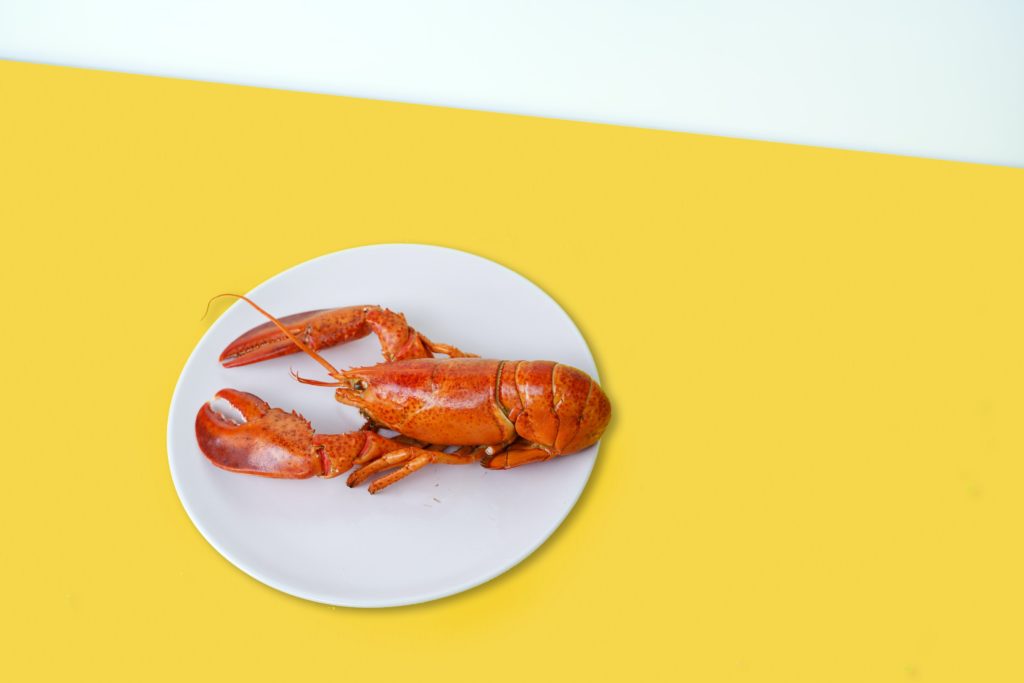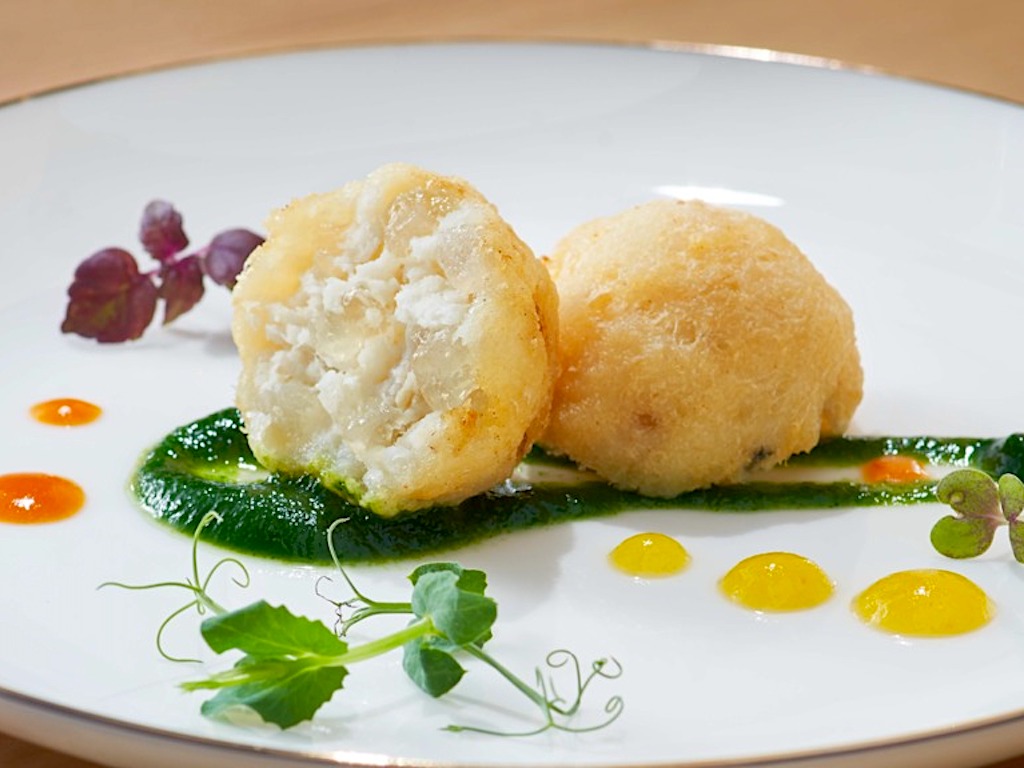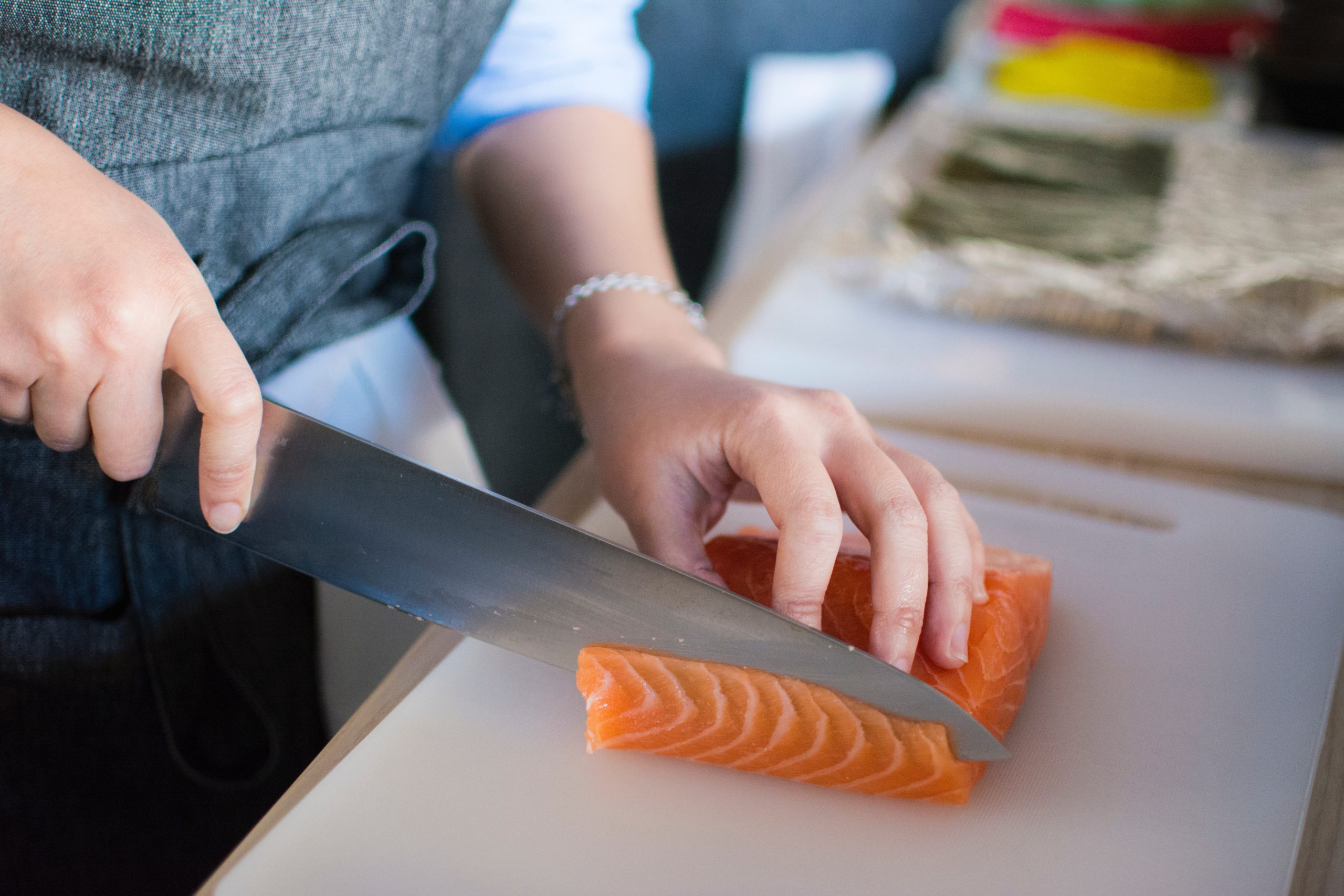Singapore’s Umami Meats Nets $2.4 Million For ‘Cultivated, Not Caught’ Seafood
3 Mins Read
Singaporean cellular agriculture startup Umami Meats has closed a $2.4 million pre-seed investment round. The company specialises in “cultivated, not caught” seafood production. Funding has been earmarked for continued plant-based serum development and manufacturing cost auditing. Minimised costs and maximum outreach are top priorities, to make Umami a leading sustainable seafood supplier.
Pre-seed funding was co-led by newly launched VC fund Better Bite Ventures and Genedant. Other participants included CULT Food Science, Impact Venture and Katapult Ocean, amongst others.

Scaling for approval
Pre-seed funding has been raised to facilitate continued R&D, specifically, Umami’s proprietary manufacturing system and processes, which have been designed to offer cost-efficiency. The startup aims to create a bank of production-ready cell lines, representing multiple fish and seafood varieties, alongside sophisticated maturing processes. When honed, these will allow for taste tests, product demonstrations via soft launches and brand awareness activities.
“Asia is the largest seafood producer – with increasingly devastating impact for the environment,” Michal Klar, general partner at co-lead investor Better Bite Ventures, said in a statement. “We supported Mihir and Umami Meats because we were impressed by their team’s scientific skill and ambition to make more sustainable, cleaner seafood using cell-based technology.”
Umami cites the $180 billion seafood industry as a primary motivation for its inception. Plagued by unsustainable practices and an unbalanced supply and demand chain, the startup identifies cultivated aquaculture as a solution to the consumer-driven sector. Diners want seafood, but there’s not enough to go around. Caught fish is often contaminated with heavy metals and microplastics and the practice of overfishing contributes to climate change. Cultivated seafood negates all the negatives, giving consumers clean fish with no ethical or environmental quandaries.
“Our investors’ commitment to a safer, healthier, and more sustainable food system, combined with deep industry knowledge in agri-food and alternative proteins, will be a valuable resource in establishing cultivated seafood as a viable, sustainable solution to the growing demand for seafood while reducing pressures on ocean ecosystems,” Mihir Pershad, founder and CEO of Umami Meats said in a statement.
Umami has previously been recognised as a semi-finalist in the XPRIZE Feed the Next Billion competition and as the Best Emerging Sustainable Seafood Company – Southeast Asia, in the 2021 Global Green Business Awards.

Advancing sustainable seafood
Cultivated and plant-based seafood developments are predicted to progress rapidly, with multiple companies looking to make the biggest splash in the sector.
Earlier this month, Aqua Cultured Foods revealed that it has successfully developed its first commercial product. Mycoprotein squid, served as calamari “fries”, replicates the taste and texture of real seafood, but with improved nutrition. The squid development is a whole-cut sushi-grade seafood alternative made using microbial fermentation technology and a fungi base.
Asia has been identified as a future hub for cultivated seafood, due to the existing demand for fish and crustaceans. As such, a number of startups are looking to get out ahead. Shiok Meats, based in Singapore, has a number of wins already under its belt. The company opened a mini R&D plant in November last year, has been featured as one of Fast Company’s ‘Top 10 Innovative Companies’ and has already debuted crab, shrimp and lobster developments.
Hong Kong’s Avant Meats has been forming strategic partnerships in readiness for commercial launch. Having reduced its production costs by 90 percent, the company will be well placed to enter the market following regulatory approval. It has already debuted cultivated fish maw and fillets, to secure funding.
Lead photo by Huy Phan from Pexels.




